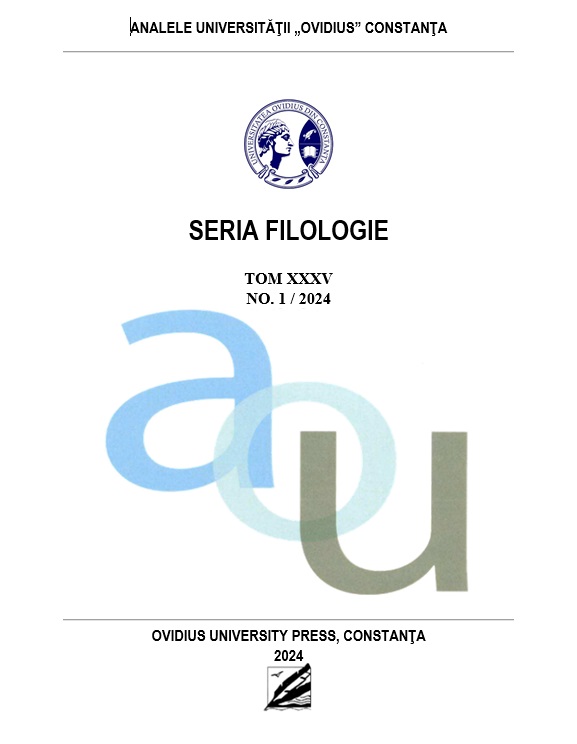The Benefits of Cooperative Language Learning in ESP Classes at Spanish and Lithuanian Universities
The Benefits of Cooperative Language Learning in ESP Classes at Spanish and Lithuanian Universities
Author(s): Ines LOZANO-PALACIO, Giedrė Valūnaitė Oleškevičienė, Liudmila Mockienė, Dalia Gulbinskienė, Rūta LASAUSKIENĖ, Diana BabušytėSubject(s): Language and Literature Studies, Philology
Published by: Ovidius University Press
Keywords: cooperative learning; ESP; university studies; critical thinking; communication skills.
Summary/Abstract: Cooperative language learning at the university level combines the advantages of cooperative learning with language acquisition strategies, fostering an engaging and effective language learning environment. In this method, university students work together in small groups to enhance their language skills, deepen their understanding of the target language, and meet their learning objectives. This approach allows students to practice speaking, listening, reading, and writing in the target language with their peers. They can participate in meaningful conversations, offer feedback, and support each other's language development. This approach not only promotes active participation but also encourages critical thinking, problemsolving, and the application of language skills in real-life contexts. By working together, university students can leverage their diverse backgrounds and experiences to enhance their language proficiency and cultural competence. Cooperative language learning at the university level creates a dynamic and inclusive learning environment that prepares students for effective communication in today's globalized world. Teaching English for specific purposes at university level is oriented towards foreign language specific to a subject and containing context bound items expressing curricular concepts and phenomena of a subject. The Cooperative learning method provides more opportunities for communication, and this influences the students’ academic, cognitive and social development, which is crucial in the current world. The paper analyzes the attitude of Spanish and Lithuanian students towards cooperative language learning, highlights relations of cooperative learning and both language and social competences. The study results show that the implementation of the cooperative learning method promotes the development of the students’ linguistic and social competences during the ESP studies. The majority of students identified that cooperative learning creates better studying opportunities, helps them understand culturally different peers, facilitates their desire to excell, helps students to be more marketable in the workforce, as well as improves their communication skills. Furthermore, the ability to cooperate is essential in the context of the current social instability.
Journal: Analele Universităţii Ovidius din Constanţa. Seria Filologie
- Issue Year: XXXV/2024
- Issue No: 1
- Page Range: 325-338
- Page Count: 14
- Language: English

